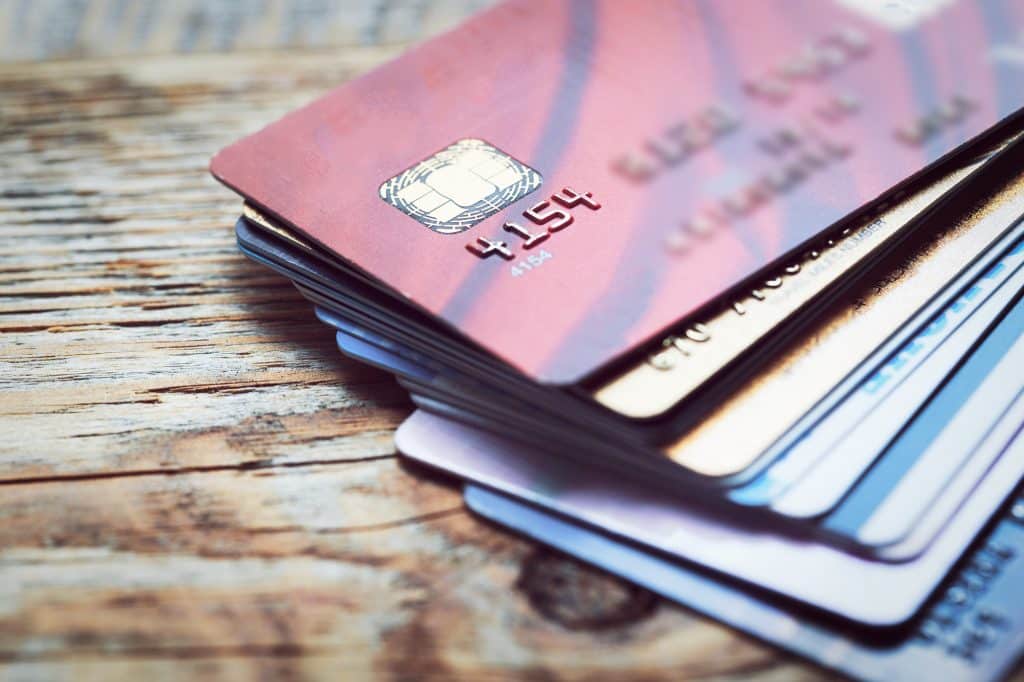Are you thinking of getting a credit card?
From mortgages to car loans to renting a house, you’ll need a good credit score to get the best deals. If you’re looking to improve or build your credit score, then a credit card plays a vital part.
But you shouldn’t pick any old card or the first deal you see. Finding the best credit card starts with knowing your options. You must find a card that works for you.
That’s where we come in! Keep reading our guide where we’ll break down the different types of credit cards to choose from.
How to Choose a Credit Card
Different credit card offers cater to different types of users. It focuses on their interests and their financial needs. By doing this, banks hit the sweet spot of profitability and their risk management.
How to choose a credit card starts with knowing what user you are and there are 3 main types. Are you a student, business owner, or ordinary customer?
Business and student credit cards work on different rules. This is because there are different consumer protections. The financial needs of these users are also more unique.
The next considerations are your financial profile. This includes:
- Credit history
- Credit score
- Current debts
- Current income
With that features like the fees, rates and rewards will fall into place. You’ll see what credit companies are willing to give you, and on what terms. With how many variables there are to each credit card offer, it’s easy to see why there are so many card types.
The Reward Credit Card
Rewards cards work by giving you something back when you use them, like travel mileage. A cashback credit card gives you cash back when you buy something. Check here for more on travel vs cash back credit card options.
There are also points credit cards that give you points to spend elsewhere. In some cases, the credit company issues its own rewards program. Think of American Express Members Rewards.
Other issuers partner with hotels, airlines, and other retailers. Either way, the more you use the card, the more rewards you build up. In general, though, you’ll want to have a credit score of around 700+ to get the best rates and premium rewards. It’s also best for people who will use it often, and on large purchases.
The Retail Credit Card
Some retailers have their own store credit cards. For example, big names like River Island or New Look. The best cards offer access to promotions, discounts, and rewards for using them.
But, the interest rates on late payments can be high. These late or missed payments get back to the credit bureaus too, affecting your credit score. You want to check the terms and conditions before signing up for any of these.
Cards for Debt Transfer and Large Purchases
In some cases, making savings on interest payments is its own reward. If you often hold a balance on your card or have an existing card debt, you’ll want a low-interest rate. Or, you want to look for a 0% APR introduction offer.
While these cards can save you money, you should make sure you’re not in a debt cycle. Make sure you’re working to pay down your debt and clear off any balances you accrue on your cards.
The Balance Transfer Card
Balance transfer cards let you finance existing card debt for very little or no interest. This is often for a period between 6-18 months. They don’t have any rewards by can be a helping hand for reducing existing credit card debt.
You’ll likely need good credit to qualify though, as issuers still want to make sure of your risk level. If you have a high balance, it should be an early step to take before you get into any trouble.
The 0% Introductory APR Card
The 0% APR card gives you a long period to use your card and avoid interest payments. If you need to make large purchases, these can give more favourable options than taking out a loan. So long as you can pay it off within the interest-free period.
You’ll need a good to excellent credit score to qualify though. And make sure you read the fine print. Know how long you have interest free, and what that interest will be should that period expire.
Credit Cards for Students, Bad Credit or Establishing Credit
For those starting, or having to start over you won’t have a great credit score. You want to find a card designed for new credit users (like students) or those with bad credit looking to improve.
The Student Card
These cards are to help students with limited income and credit histories start out. Benefits and rewards will be modest, but there will be some perks over using cash or debit cards.
They can also help with learning money management skills and help in an emergency. You must learn to manage debt and your money, as well as build up a good score by graduation.
The Secured Credit Card
Secured cards can get people with bad credit or no credit history on track. But you’ll need to pay a security deposit that the issuer keeps if you default.
For example, you could get a card with a limit of £1,000, you might need to put £1,000 upfront in cash. This is to cover the balance if you fail to make your repayments.
You get the deposit back at the close of the account though if it’s in good standing. Or, if you upgrade to an unsecured card as your score improves, you’ll get it back then.
As long as you use them well and keep up with payments, they can be a great way to boost your score. They’ll also build up a credit history for you if yours it’s sparse.
The Business Credit Card
A dedicated business credit card helps keep personal and work finances separate. Most will have tracking and reporting features, as well as rewards for business use. These can include things like advertising and office supplies.
They’re great if you use them to manage large monthly transactions, as you can wrack up the rewards. For many businesses, it also helps make managing cash flow easier.
They work like consumer credit cards and often need personal guarantees. Your credit score and history as a business owner will determine which cards and rates you get. For larger companies and non-profits you could qualify for a corporate card. These don’t need personal guarantees.
Different Types of Credit Cards Explained
So, there you have it! Now you know the different types of credit cards, you’ll be sure to find the right one for you.
Think about your credit and financial needs. Are you looking to build up your score or start it off? Are you a small business looking to manage monthly expenses? Or are you a consumer, looking for the best rewards? This is what determines the type of card you look for.
If you’re looking for more banking and finance tips, check out our blog today. We’ve got tips and tricks from industry experts to help with all your finance needs.



